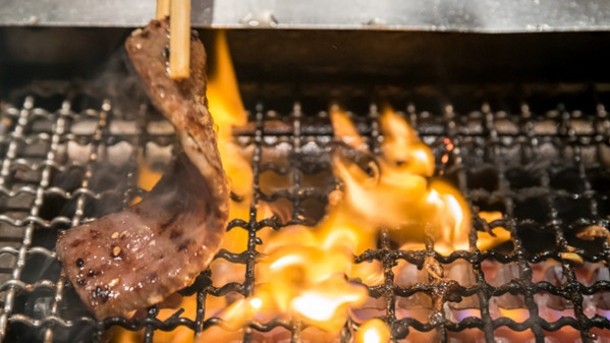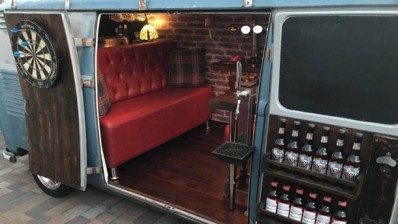5 food safety issues to avoid this summer

BHA food-safety advisor Lisa Ackerley has given advice to operators on what to look out for and how to avoid food-safety issues this summer.
1. Barbecuing
“Think about the hazards and how these will be controlled," Ackerley said.
“Ensure changes in activity are documented and how hazards can be made safe.
“Be aware of the risk of cross-contamination, which is always a problem potentially, where there is meat preparation going on without wash basins,” she advised.
Ackerley also recommended operators pre-cook their food and put it on the barbecue to finish the cooking off.
She added: “This means they are fully cooked in the kitchen, which is a safe environment before being taken outside.
2. Serving outside
Ackerley suggests operators ensure cold food is kept cold and hot food kept hot: “Salad bars and foods on display, including salad carts, need to be protected in the ambient temperatures during the summer,” she said.
“Refrigeration equipment will be working harder in the heat, so remember to ensure the food itself is cold before putting it into the display."
She added that putting warm food in the chillers could cause problems, as units would not be able to chill it to the right temperature quick enough, which operators often forget.
3. Temperatures in the kitchen
But food wasn’t the only issue Ackerley urged operators to keep an eye on, as staff also get hotter when the summer hits.
She said: “Now might be the time to start thinking about ventilation and how adequate it is for kitchen staff.”
Rising temperatures inside the pub could tempt staff to open windows and doors to increase airflow, but this could also cause problems.
“Operators often open windows and doors because it is so hot in the kitchen, but this can invite pests into the building," she added.
“Think about putting screens up to prevent insects and bugs from coming in but it also worth considering mechanical ventilation.”
4. Food deliveries
When food is delivered from suppliers, operators should also remember to ensure it is safe when it enters the kitchen.
Acklerley said: “Ensure deliveries are put away, straight away, because as the weather warms up, the food coming off the delivery vehicle can’t be hanging around.
“Check the food deliveries are coming in at the right temperature and the van has been able to cope with the heat.”
5. Fridge temperatures
When the sun is shining outside, temperatures can elevate in the kitchen, which means fridges and chillers need to work harder to cope, Acklerley added.
To prevent temperatures from rising, she advised operators keep the doors shut as much as possible.
She added: "Don't put bulky hot foods in the fridges as this will raise the temperature of the chiller - cool to room temperature quickly.
"This can be done by putting portions into smaller sizes, putting containers into ice baths, stirring foods to dissipate heat and slicing meats."
Ackerley also urged operators to protect food from contamination when it is cooling by taking simple measures such as disinfecting kitchen surfaces and hand washing.
She added: "Lightly cover foods when cooling to protect from physical contaminants and check temperatures regularly, at least twice a day if possible."







